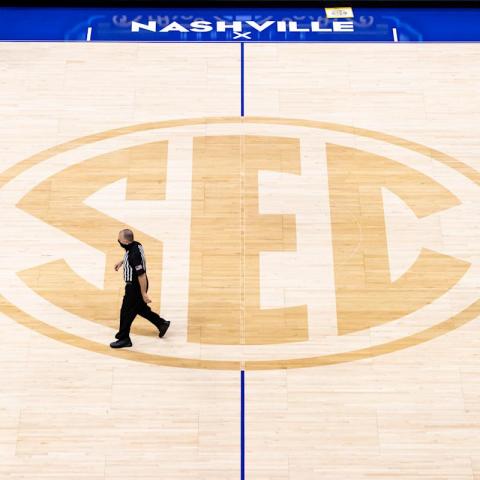President Trump recently signed an executive order impacting college sports, especially focusing on athletic scholarships and players’ rights. This order aims to empower government agencies like the Department of Education to enforce guidelines on the financial landscape of college athletics.
One key aspect of the order is to require major athletic programs to maintain scholarships for women’s and Olympic sports. This comes at a time when “pay-for-play” deals, known as name, image, and likeness (NIL) agreements, are changing how college athletes are compensated. These deals have become lucrative for many athletes but have raised concerns about fairness, especially for non-revenue sports.
“The future of college sports is under unprecedented threat,” the order states. It emphasizes the need for a national solution to protect sports that are crucial for both college education and athletic excellence, particularly women’s sports, which often struggle for funding.
Experts are debating the potential legal ramifications of this order. Noah Henderson, a sports management professor, noted that it serves as a clear signal that the federal government might intervene more in college athletics, a move that could have significant implications for the future of these sports.
This executive order comes shortly after a major legal settlement that allows Division I schools to pay athletes directly. This change raises fears that resources might shift away from non-revenue sports, leading to their decline. The order aims to impose “guardrails” ensuring a balanced allocation of resources across various sports programs, thereby safeguarding opportunities for student-athletes.
A recent survey by the NCAA indicated that 85% of athletic departments are considering reallocating funds to better support NIL agreements. However, this could jeopardize funding for other sports if not managed properly. Sam Ehrlich, a professor at Boise State University, raised questions about whether the government would follow through on enforcing these new rules and what unforeseen consequences might arise.
The tension around compensation in college sports reflects a broader societal debate about fairness and equity. As students navigate their choices, many are using social media to discuss their experiences with NIL deals, with platforms like Instagram and TikTok becoming hotbeds for athlete promotions and endorsements.
This order is not just about enforcement; it represents a potential shift in the landscape of college sports and raises questions about the balance of power between schools, athletes, and the government. As we look to the future, the implications of this executive order could resonate well beyond the playing field, influencing the way we think about education, opportunity, and sportsmanship in America.





















